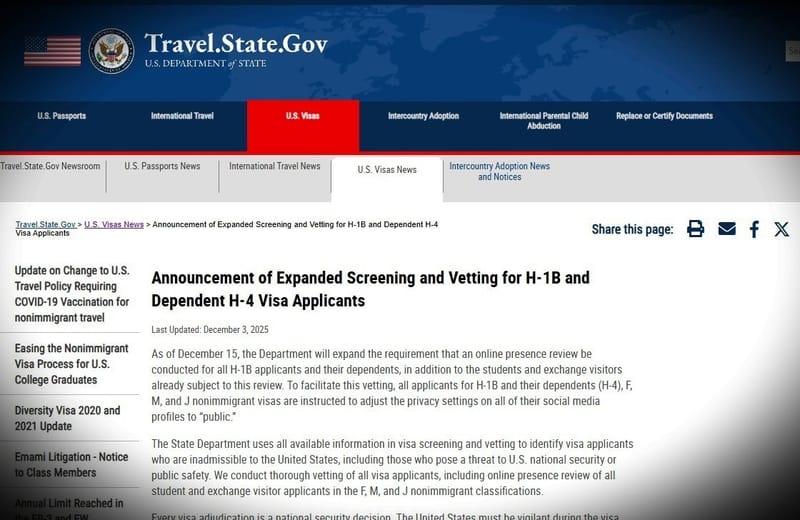AI Startup Casium, Founded by Former H-1B Techie, Streamlines US Work Visa Filings
This innovation offers a promising solution for tech companies and skilled professionals to navigate the often-stressful US visa system with greater efficiency.

Subscribe to our newsletter and stay informed about latest H1B news, policy updates and and other developments.
Article Summary
Priyanka Kulkarni, a former H-1B visa holder and machine learning scientist, founded Casium to simplify the complex US work visa application process using artificial intelligence. Casium helps companies manage visa applications for various categories like H-1B, O-1, and EB-1A, significantly reducing paperwork time and errors. The company, founded in 2024, recently secured $5 million in seed funding to expand its AI-driven immigration technology.
Original Article: financialexpress.com
[ Sentiment: positive | Tone: factual ]
This summary and analysis were generated by TheNewsPublisher's editorial AI. This content is for informational purposes only; it does not constitute legal or immigration advice.
[ Sentiment: positive | Tone: factual ]
This summary and analysis were generated by TheNewsPublisher's editorial AI. This content is for informational purposes only; it does not constitute legal or immigration advice.
TNP AI: Key Insights
This news is significant for skilled professionals and employers as it introduces an AI-driven solution to the notoriously complex US work visa process. It promises faster career progression and reduced anxiety for individuals, alongside more efficient talent acquisition and compliance for businesses.
The emergence of platforms like Casium highlights the ongoing inefficiencies and complexities within the US immigration system, which has historically been plagued by extensive paperwork, frequent policy changes, and lengthy processing times. This historical context underscores the urgent demand for technological solutions to systemic issues.
For tech companies and other employers of foreign talent, Casium's innovation could be a game-changer, dramatically reducing visa processing times and associated costs. This efficiency offers a substantial competitive advantage in attracting and onboarding critical international skilled workers.
The success of AI-driven immigration platforms may spur broader adoption of technology within the legal immigration sector and could prompt regulatory bodies to consider how AI tools fit into existing compliance frameworks. This trend suggests a future where technology plays an increasingly central role in global talent mobility.




